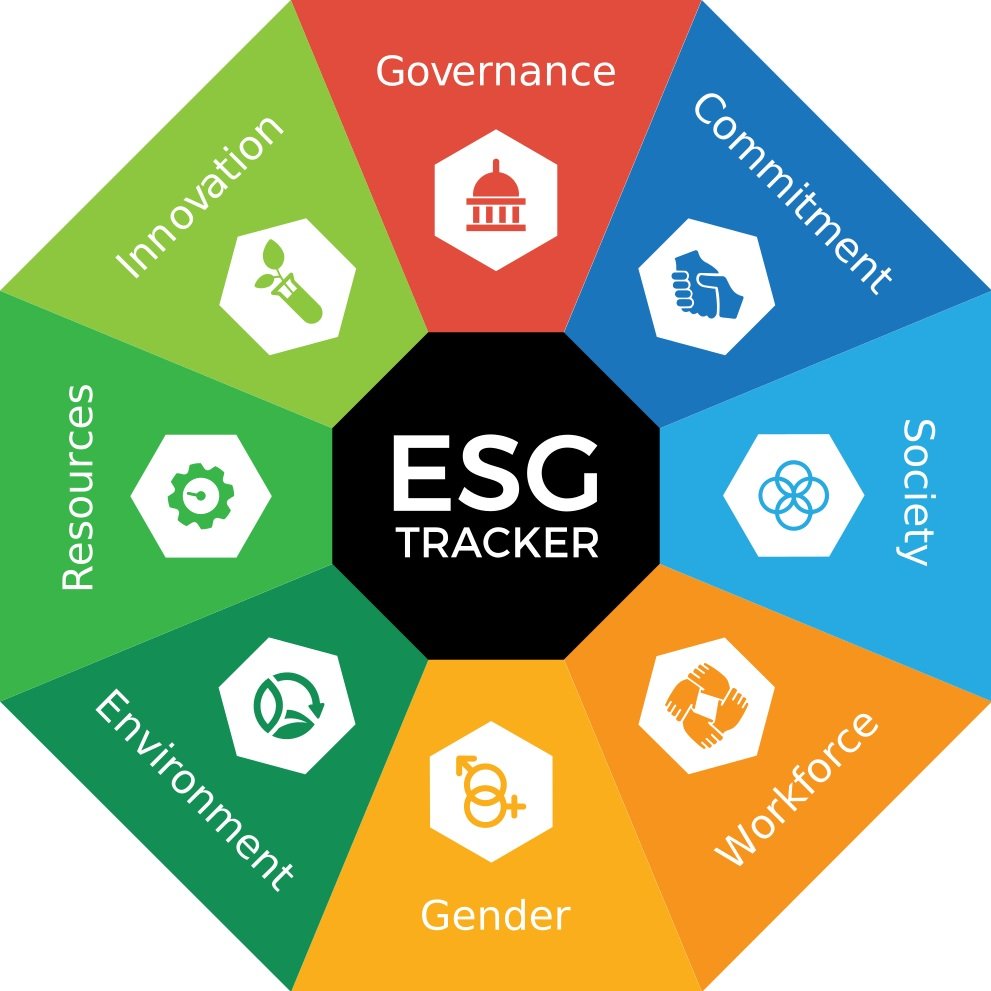FRIYAY Blog
Your Hub for Financial Wellness and Employee Empowerment
Attracting Singapore Top Talent in 2025: Why Earned Wage Access Matters
Discover why Earned Wage Access (EWA) is becoming a must-have benefit for Singapore employers in 2025, helping attract talent, reduce turnover, and improve financial wellness.
Earned Wage Access vs Payday Loans: What Singapore HR Leaders Need to Know
Earned Wage Access, or EWA, lets employees access a portion of the wages they have already earned before their scheduled payday. Unlike loans, it doesn’t come with interest, credit checks, or debt. It is a tool that provides financial flexibility while avoiding the pitfalls of borrowing.
Earned Wage Access: The Modern Cure for Financial Stress
Companies that introduce Earned Wage Access (EWA) report higher retention, better engagement, and stronger morale across their teams. A financially secure employee is simply a more productive and committed one.
Beyond Payday: Why Earned Wage Access is the Future of Payroll
In this article, we’ll break down what flexible wage access really means, why it’s gaining traction among employees and employers in Singapore and beyond, and how businesses can stay ahead by adopting this EWA solution.
How Earned Wage Access Empowers Employees and Builds Loyal Teams
Discover how Earned Wage Access (EWA) is transforming employee well-being and retention in Singapore. In this post, we explore how giving employees access to their earned income—on their terms—can reduce financial stress, improve productivity, and build a more loyal, future-ready workforce. Powered by platforms like Friyay, EWA isn’t just a benefit—it’s a game-changer.
Earned Wage Access- the card to winning the talent war as Millennials and Gen Zers reshapes the workplace benefits
By 2025, millennials will make up 75% of the global workforce while Gen Zers will account for 27%- based on Deloitte estimates. According to Aon Hewitt, millennials are currently the largest generation in the Singapore workforce. Therefore, it is crucial that organisations take concrete actions to meet the expectations and preferences of these millennials and Gen Zs. But what will they want from their workplace – and what won’t they accept?
The ‘’S” centering ESG strategy
Organisations have traditionally viewed employee well-being as nice-to-have rather than a necessity. It wasn’t regarded as the responsibility of the employer but something that an employee needs to manage themselves. However, expectations has started to shift, organisational leaders are made accountable to take proactive steps in promoting workplace wellness and interventions. This workplace phenomenon has only become more pronounced with the lingering devastating impact of covid-19 pandemic.








